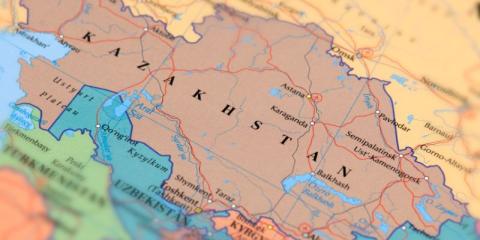Central Asia is a region that consists of five countries: Kazakhstan, Kyrgyzstan, Tajikistan, Turkmenistan, and Uzbekistan. The region has a diverse economy, with industries ranging from agriculture to oil and gas production. However, the issue of minimum wage is one that affects workers across all sectors.
Minimum wages in Central Asia vary from country to country. In Kazakhstan, the current minimum wage is 42,500 tenge per month, which is roughly equivalent to $99 USD. In Kyrgyzstan, the minimum wage is 5,350 som per month, or approximately $63 USD. In Tajikistan, the minimum wage is 700 somoni per month, which is roughly $63 USD. In Turkmenistan, the minimum wage is not publicly disclosed, but we can make guess it is under $100. In Uzbekistan, the minimum wage is 690,000 Uzbekistani som per month, which is approximately $64 USD.
These minimum wage rates are far below the living wage required to support a family in each country. For example, in Kazakhstan, the living wage for a family of four is estimated to be around 100,000 tenges per month, more than twice the current minimum wage. In Uzbekistan, the living wage for a family of four is estimated to be around 1.8 million Uzbekistani som per month, almost three times the current minimum wage.
Furthermore, the enforcement of minimum wage laws in Central Asia is often weak, and workers may not receive the full amount of the minimum wage. This is particularly true in the informal sector, where many workers are not formally employed and therefore do not receive any legal protections or benefits.
The low minimum wage in Central Asia can lead to a number of negative consequences for workers and their families. Many workers struggle to make ends meet and may have to take on multiple jobs or work long hours to earn enough money to support themselves and their families. Low wages also contribute to poverty and inequality in the region, as those at the bottom of the economic ladder struggle to access basic necessities like food, housing, and healthcare.
In conclusion, while minimum wages do exist in Central Asia, they are far below the living wage required to support a family. The lack of enforcement and the prevalence of informal employment further exacerbate the issue, leaving many workers struggling to make ends meet. Addressing this issue will require a coordinated effort from governments, employers, and workers to ensure that fair wages and decent work are available to all.
